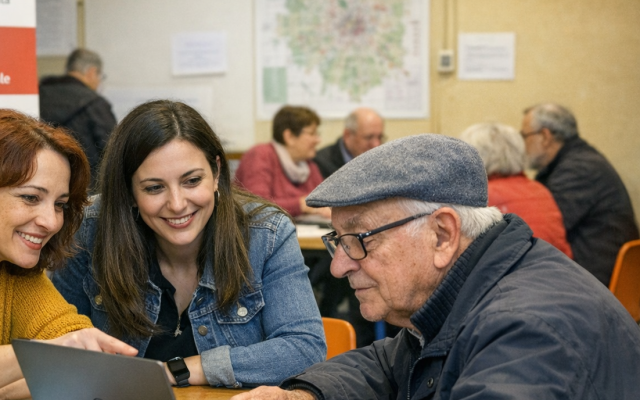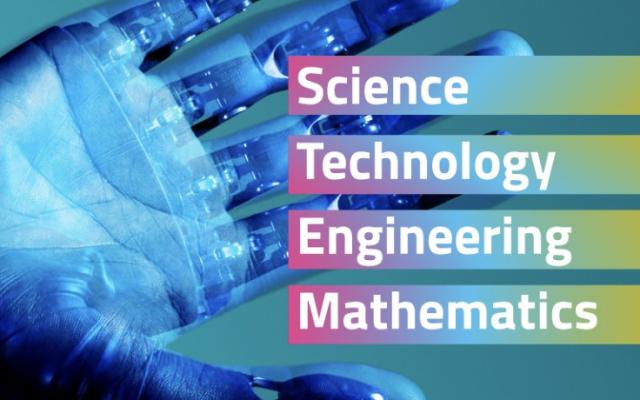Johnson & Johnson Week: Experts at the Elderly Centre
“When we meet the guests at a senior centre, it always is an experience that tugs at our heartstrings, as well as those of our minds. People's stories come into play from the outset. Not only their previous working lives, but also the family they have chosen, their relationship with peers, their affections and satisfactions, as well as their frustrations and unresolved issues. And one of the things you realize when you leave is that age does not preclude learning, discovery, and continuous growth. So, exchanges are always enriching and profound. This was also the case on Wednesday, July 10, when we visited the Primo Maggio Elderly Centre in the Pietralata neighbourhood of Rome and were greeted with great enthusiasm and interest for the session dedicated to "Technology and Health: How AI is Revolutionising Medicine. And this notwithstanding the heatwave!” Onelia Onorati followed one of the two meetings organised by Johnson & Johnson Innovative Medicine Italia at the Johnson & Johnson Week on “Together Towards the Medicine of the Future” (July 8-12, 2024) [see news: Together Towards the Medicine of the Future].
The two experts from Johnson & Johnson Innovative Medicine, Claudia Zinicola, Regional Government Affairs Manager, and Nicola Comella, Emea Omnichannel Manager, generously welcomed the many questions and curiosities in an at times heated debate on the opportunities arising from the digital revolution and the risks associated with unregulated use. “Claudia Zinicola, who participated in Project Factor J in terms of skills volunteering, spoke about the stimuli that AI provides at work: “I often have to talk to many different people and I employ artificial intelligence applications, because I have a single collection of information and have to verify it by cross-referencing the sources, and also optimizing the time necessary. Think about the points of interest for diagnoses: by aggregating clinical data, AI is already able to propose possible treatments for patients, making hypotheses about pathologies which a doctor must then validate,” continues Onelia.
"When working on many materials, it is useful to use AI to develop a synthesis and adaptation proposal, which will then have to be carefully reviewed,” points out Comella. “As for the choice of one application over another, a person's critical sense remains fundamental.”
“There are many doubts about the possibility that AI could overtake our lives, limiting our freedom, but awareness remains that we can control and regulate this growth.”



